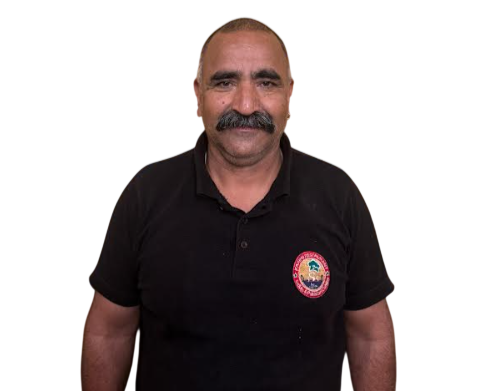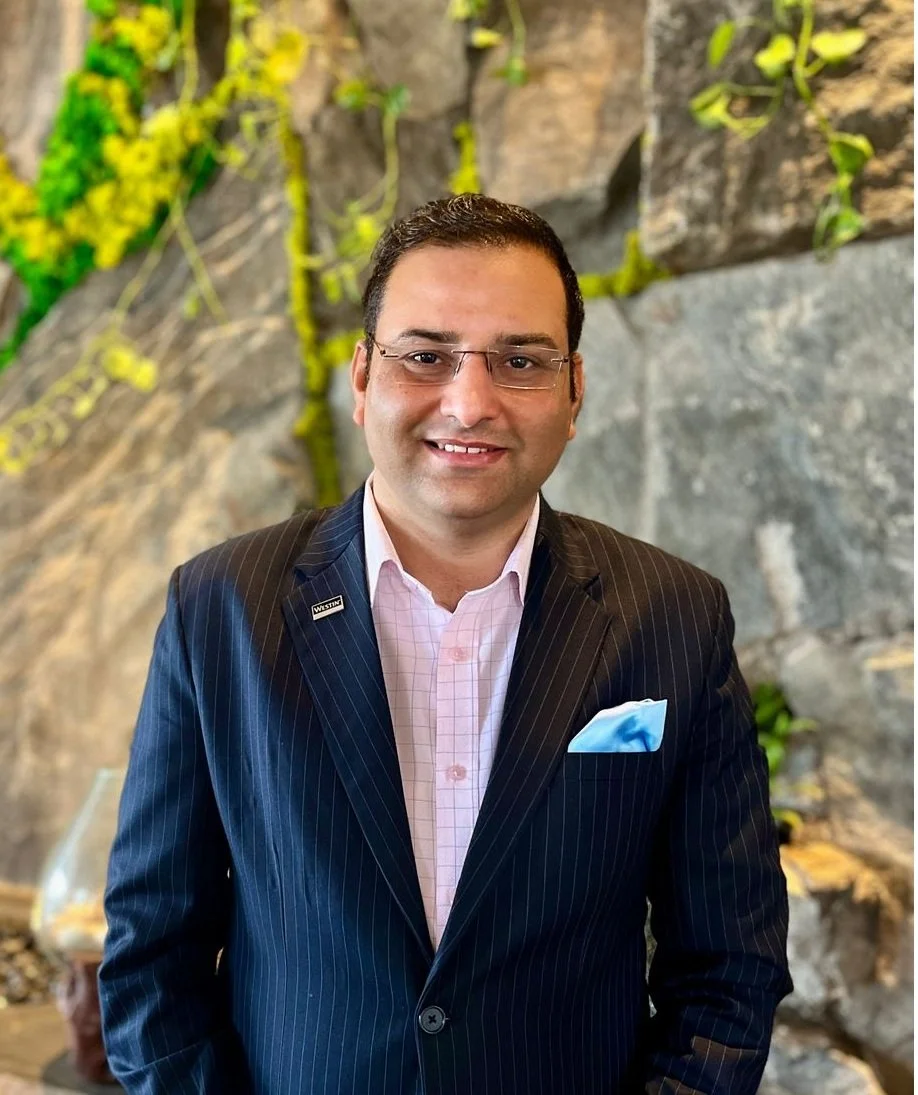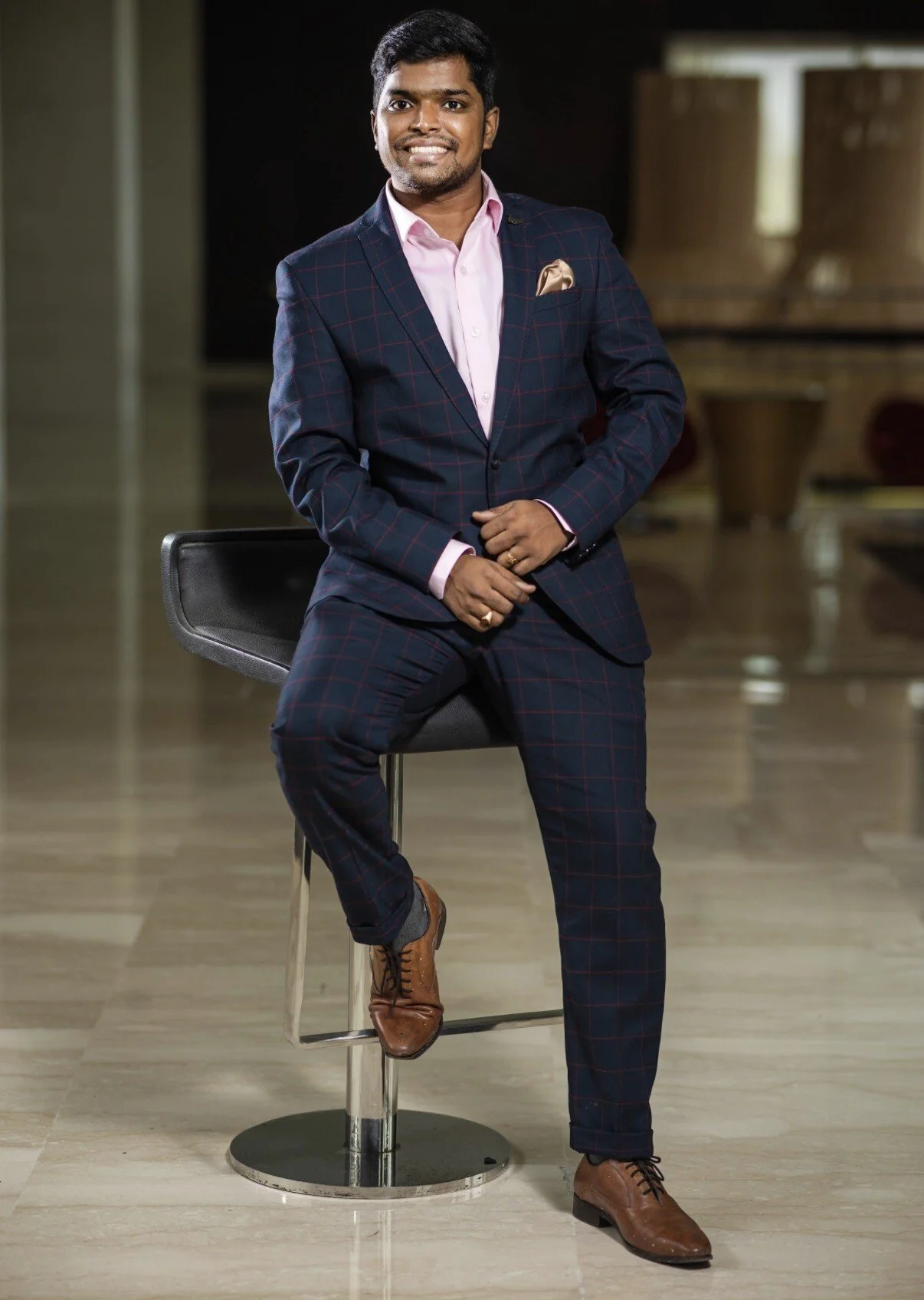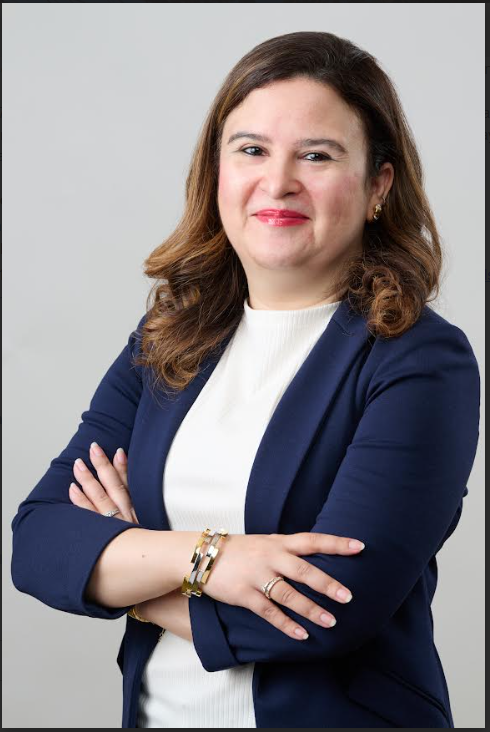Exclusive Interview | Chef Rizwan Yargatti, Culinary Instructor, Symbiosis School of Culinary Arts
/“Research is something that can be a good collaboration between academics and industry which will benefit both.”
With over 12 years of experience in food production, Chef Rizwan's talent stems from a cocktail of fine-dining kitchens, coffee shops in luxury hotels, Italian delis, and smart kitchens. This award-winning protégé of legendary Chef Gordon Ramsay is a 3 bronze medalist from Salon Culinaire 2012. Armed with an MBA in International Hospitality & Business Culture, IRCA certified for Lead auditor and backed by a colorful journey across India, Europe, and the Middle East, Chef Rizwan has now chosen a greater path of being a facilitator for young minds and enjoys learning from them.
Prior to working with Accor Hotels, he has worked with international chains like Hilton Worldwide, Best Western International, Premier Inn, Millennium Hotels and Resorts, and ITC Luxury Hotels. Chef Rizwan is currently working on his research on Indian sweets through his Ph.D.
Blog Link- http://rizwanyargatti.blogspot.com/2017/
Podcast link- https://chefroche.com/culinary-school-stories-podcast/story-021-rizwan-yargatti/
Editor: Tell us about your journey. How did it all start?
Well, Hospitality came in accidentally. My parents wanted me to become an Engineer. Fortunately, I didn't get enough marks to get into an engineering college and I landed up in hospitality. But within a year in the hotel management course, I knew the kitchen is the place I wanted to be. Frankly, I still don't have a fixed answer to why the attraction. Probably it's the systematic chaos that gives me the adrenaline rush. After my MBA from IMI, Switzerland I had a chance to choose something else but my love for the kitchen and food didn't let me.
Editor: What do you think it takes to succeed in this industry?
The definition of success is different for everyone. But if you want to be the best in any field you have to work with the best in that field. Surrounding yourself among the right people who are equally focused and achievers is the key. I was really fortunate to have good mentors during my initial phase. I am deeply thankful to all the managers and chefs ( Chef Nick, Chef Scott, Chef Shailendra, Mr. Ranjit Batra, Mr.Ridul Deka, and many more..) who irrespective of my young age and less experience took me under their wings and groomed me. I believe that after certain years in the hospitality industry you eventually become a mixed reflection of all the people you have been associated with. Your decision-making, your judgment, your personality will reflect your mentors and these are the basic 3 things that matter in order to succeed in this industry.
Editor: What are the biggest Industry-Academia Gap you see?
The hospitality industry is very impromptu. Like for example, you can train a soldier well but what happens in the war is very uncertain and beyond your control. This doesn't mean that formal training is not required. Imagine putting the soldier on the front line on his first day. Thanks to social media this gap is now diminishing. Students in the current generation are quite focused and know what is expected of them in the industry. As an Academia community, we need to focus on building characters, rather than evaluating them on theory knowledge we really need to motivate them, keep challenging them so they start thinking practically and become problem solvers. Incorporating experiential learning ideas will help do this and is very effective too. With 2018 Batch students we created a task where students needed to work in groups and come up with a book containing lost recipes of India. 2019 Batch created Youtube videos on Tribal cuisines of India. This semester they will be working on Indianised Diet Charts and another Indian Fusion recipe book.
Editor: What according to you can trainees do while they are training at hotels to make it a win-win for them & the hotel/unit?
Internships are very important. Consider it as a trial run. Efforts are needed from both to make this a futuristic win. Hotel management should seize this opportunity to showcase their culture and values so that the students with similar goals would want to join back after finishing their degree and not think they were just used as cheap labor. On the other hand, trainees should try to explore all departments as this is an opportunity to self realize what excites them most. I always tell my students that an internship is the longest interview. If you cannot prove yourself in 6 months how can you do that in 30 minutes during job interviews?
Editor: What are some of the trends you see impacting the hospitality industry?
Recently I read a hospitality post on LinkedIn which said it will be the survival of the fittest post-pandemic. I hope this trend never catches up. Instead of getting into this competitive mindset, it's a chance for us to hold hands, look out for each other during this testing time. In other words, be human!
Editor: Two things you would like to change in the industry.
I think it's a great industry to work in. We just need to shift our focus from being profitable to being hospitable. This may sound impractical and over the top but just look at the vision of top players in hospitality. Marriott's vision puts employees first, Hilton's mission is to be the most hospitable company in the world, Accor heavily invests in their heartiest program and human values. There are bound to be challenges in every industry and hospitality is no exception. The good thing is companies have realized that work-life balance is equally important in hospitality. In my previous role at Accor as a HOD, my KPI included work-life balance for the entire department. Companies have also realized that they cannot expect their employees to work for reasons beyond financial incentives.
Editor: What do you expect the industry to do to support academics?
Consider colleges as production plants and industry as outlets. The more you keep interested in production plants the better products you have in your outlets. Both colleges and industries need to be upfront and collaborate on various activities. Research is something that can be a good collaboration between academics and industry which will benefit both.






